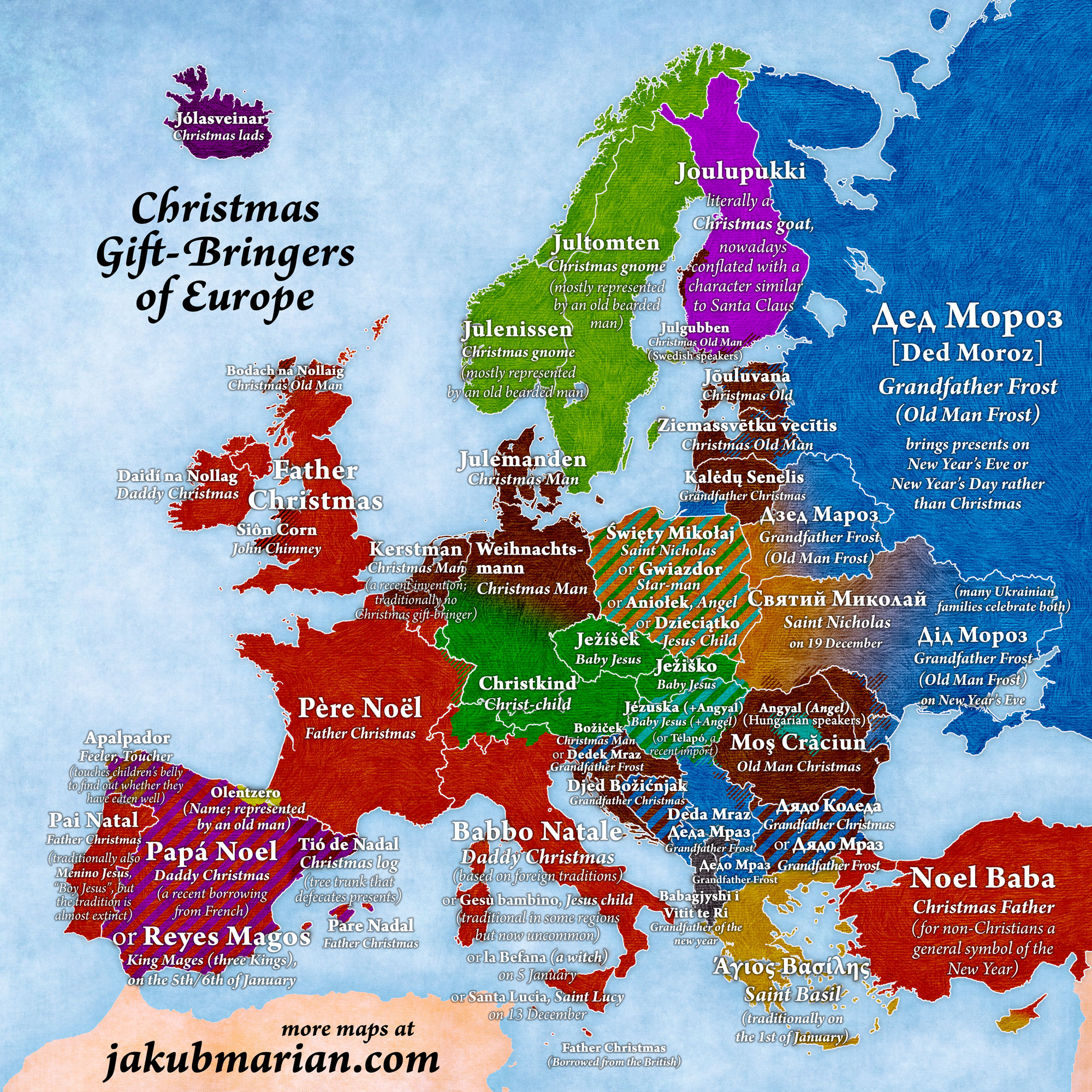this post was submitted on 24 Dec 2024
201 points (94.7% liked)
YUROP
1249 readers
75 users here now
A laid back community for good news, pictures and general discussions among people living in Europe.
Other European communities
Other casual communities:
Language communities
Cities
Countries
- [email protected]
- [email protected]
- [email protected]
- [email protected]
- [email protected]
- https://feddit.dk
- [email protected] / [email protected]
- [email protected]
- https://lemmy.eus/
- [email protected]
- [email protected]
- https://foros.fediverso.gal/
- [email protected]
- [email protected]
- Italy: [email protected]
- [email protected]
- [email protected]
- [email protected]
- [email protected]
- Poland: [email protected]
- [email protected]
- [email protected]
- [email protected]
- [email protected]
- [email protected]
- [email protected]
- [email protected]
founded 11 months ago
MODERATORS
you are viewing a single comment's thread
view the rest of the comments
view the rest of the comments

Translating "julemanden" as "Christmas man" just feels wrong.
You could say "Yule man" instead, but it means the same thing.
Well not exactly. Yule and similar words are used as the word for Christmas in Scandinavian languages but it used to refer to a non-christian tradition. Scandinavian countries are generally not very religious and I personally don't like the association of yule with christianity.
Came here to point out that "jul" isn't exactly Christmas. It feels weird seeing "julenisse" be translated as "Christmas gnome" knowing the mythos behind the ~~little pyromaniac shitter~~ little buddy.
i'd say it is christmas, but anglophone christmas is how it acts on stream, while yule is when it puts on sweatpants and relaxes.
Its meaning has become conflated with Christmas just as Christmas was stolen from pagan traditions, but that is still its current meaning in English.
Yea but coming from a danish viewpoint, I find it strange to equate them.